Footage from VolcanoCamp 2023, field trip itinerary may change year to year.
by GeoTenerife
VOLCANOCAMP 2025: Field trip and field skills course
Want to learn more about Tenerife's volcanoes? VolcanoCamp is a unique opportunity for volcanology students and enthusiasts to come and learn alongside our leading experts. Tenerife is an incredible volcanic destination with a wide variety of phenomena, enabling a rich learning experience for anyone interested in volcanology.
VolcanoCamp programme
1st – 8th November 2025
Extension Programme
1st – 30th November 2025
This programme is open to anyone with an interest in volcanoes. We will take you from a standing start and lead you through dramatic landscapes and past volcanic events to help you understand the incredible geological diversity of the island.
Our field trip leaders are skilled at leading mixed-experienced groups. So whether you are a volcanologist, geologist, student or enthusiast, this field course is for you. All teaching is in English, but our teaching staff are bilingual (Spanish/English) and can help you to access the programme fully if English is not your first language.
As ever, our commitment is to open access to our programmes and make them accessible. We will offer at least one scholarship aimed specifically at a local or international earth science student who would benefit from this course to progress their future career.
Want to join VolcanoCamp? See below how to apply!
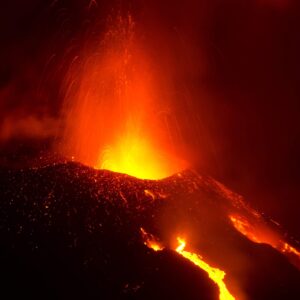
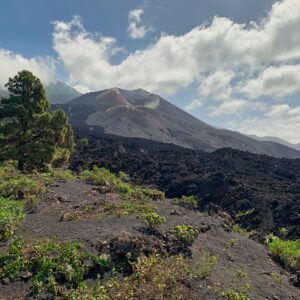
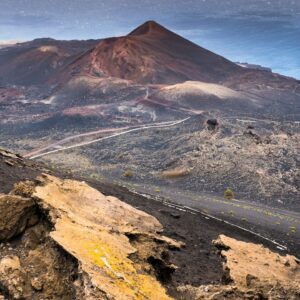
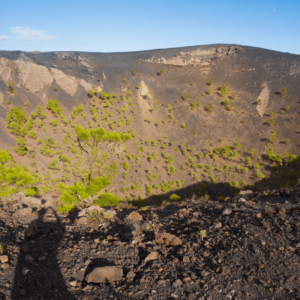
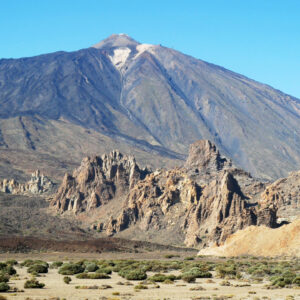
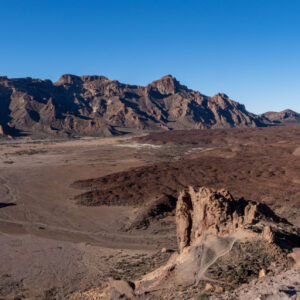
Why study volcanology with us in the Canary Islands?
The Canary Island archipelago consists of seven major islands. La Palma and El Hierro are the youngest in the southwest; Lanzarote and Fuerteventura are the oldest in the northeast. Only four of the islands—Tenerife, La Palma, El Hierro, and Lanzarote—have experienced volcanic eruptions in the last 500 years.
Tenerife, located in the central-western part of the archipelago, is the largest island and hosts the third-largest volcanic structure on Earth. It has seen numerous highly explosive eruptions, which form calderas and pyroclastic density currents, as well as effusive mafic eruptions at its rift zones.
The magmatic plumbing system of the Canary Islands features diverse geochemistry, leading to a variety of volcanic phenomena, including both explosive and effusive eruptions, and producing felsic and mafic volcanic products. This diversity results in a range of volcanic features such as lava flows, lava deltas, lava tubes, ignimbrites, calderas, stratovolcanoes, shield volcanoes, and pyroclastic cones. VolcanoCamp leverages this geological diversity to provide students from around the world with an intensive, hands-on volcanology course in the Canary Islands.
VolcanoCamp programme
In this 7-day course, led by local volcanologist Alexis Schwartz and in association with local and national experts and institutions, IGN (The Spanish Geographic Institute), IEO-CSIC (The Spanish Oceanographic Institute), Volcanes de Canarias, and Fundación Teleforo Bravo.
-
You will be introduced to the volcanic system of Tenerife through fieldtrips to historic and prehistoric eruptions on the island and field skills training (field sketching, logging and observation) to infer eruption dynamics from the geology.
-
Discussions with scientists, documentary makers, and emergency managers during the 2021 Cumbre Vieja eruption.
-
Attendance to the IV International Vulcana Symposium on submarine volcanology and emergency management, co-organised between GeoTenerife and IEO-CSIC; meet some of the leading local scientists, learn about current research in the Canary Islands, and network with the scientists who are leading it.
-
Workshops/lectures/activities to enhance your learning, as well as in-field learning about hydrology, endemic vegetation, the heritage/culture of the indigenous Guanche people of the island, and astrology.
The cost of this course is £820, which includes accommodation, half board catering (breakfast and supper) Monday-Friday, liability insurance, teaching, field and technical visits, transfers to/from the airport, and daily transport.
The price does NOT include your flight to/from Tenerife, which is your responsibility to organise and pay for. Please note that accommodation is provided for the specific days of the course, and is on a shared basis. If you need to arrive early, you can book an extra night’s accommodation at our field trip centre at an additional cost (please enquire).
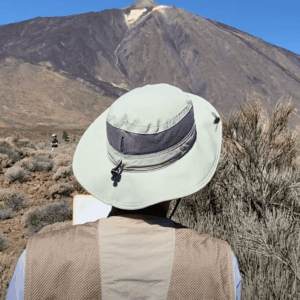
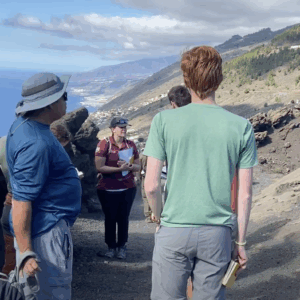
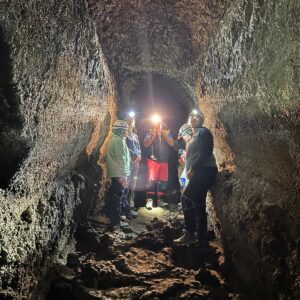
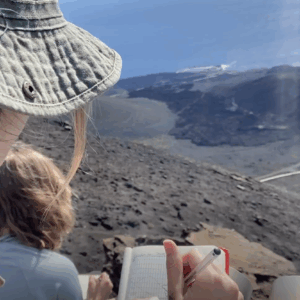
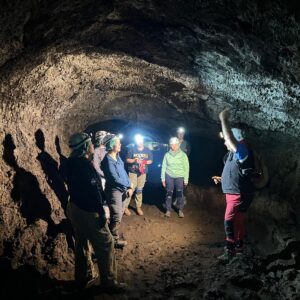
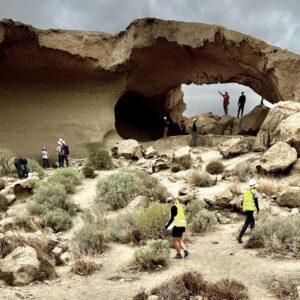
To apply please send a cover letter and CV to enquiries@geotenerife.com
GeoTenerife will offer ONE scholarship for VolcanoCamp, which will cover the cost of the programme in full (which includes accommodation and transfers but NOT flights to/from Tenerife). To apply for a scholarship, we will require a cover letter from you explaining your interest in the programme, what you hope to gain from it and how you will benefit from it. We are specifically looking for a candidate who would directly benefit from participation in their academic or professional progression and would not be able to participate without financial support. Our Selection Committee will be in contact to arrange a Zoom interview if you make the scholarship shortlist.
Extension Programme
Applications are invited from Master’s or PhD students affiliated with a home university to work with us and IGN, the Spanish Geographic Institute, or IEO-CSIC, the Spanish National Oceanographic Institute, for their research project.
VolcanoCamp Extension students will take part in the VolcanoCamp Field trip and Field course as an introduction to Tenerife, before spending the rest of the month researching in collaboration with our resident experts and the team at IGN or IEO-CSIC, with the aim of completing their Master’s research project with co-supervision from their home university for publication on successful completion.
Please contact enquiries@geotenerife.com for full details
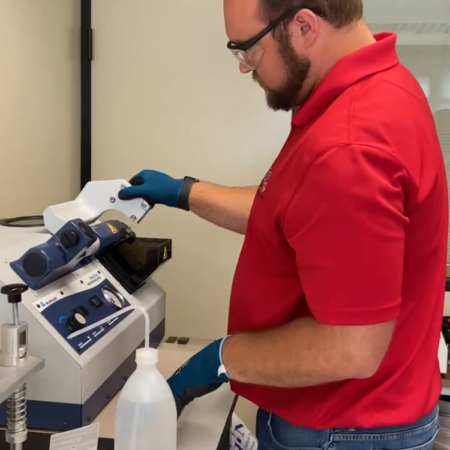
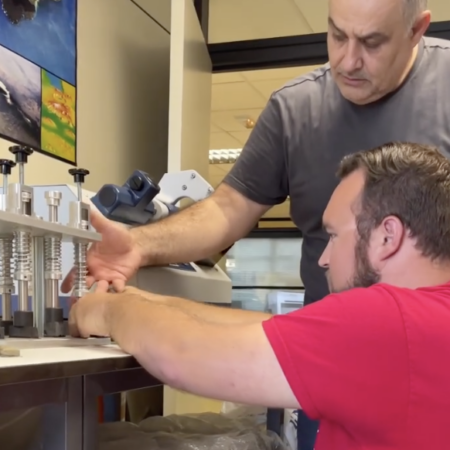
The cost of the VolcanoCamp Extension Programme is £2,800, which includes:
-
VolcanoCamp Field trip and Field skills course
-
Shared accommodation and half-board catering (Monday-Friday) for the month
-
Teaching, field and technical visits
-
Collaboration with local institutions and scientists
-
Transfers to/from the airport
-
Liability insurance
-
Access permits (if required) to your field site/s
-
Transport to your field site
-
1-to-1 academic support from our team beyond your time with us on-island to support you to complete your research successfully (up to 10 hours per month, December 2025 to May 2026).
Please note this does NOT include your flight to/from Tenerife, which is your responsibility to pay for and book.
To apply please send a covering letter and CV to enquiries@geotenerife.com
Teaching Staff
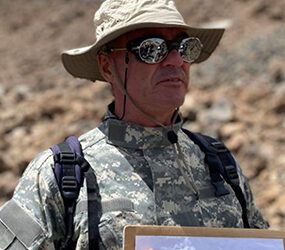
Alexis Schwartz
GeoTenerife's full time Volcanologist
Alexis Schwartz is a GeoTenerife’s full-time resident expert Volcanologist and Geologist. He has an extensive knowledge of local outcrops, geology and volcanology and spent many years researching the islands for the local volcano monitoring institution and for his thesis at the University of Leicester, titled “Petrogenesis and Physical Volcanology of a compositionally zoned ignimbrite on Tenerife, Canary Islands, Spain”.
He also has a wealth of past teaching experience including an established career as a geoscience tour guide in the Canary Island. Alexis helps to organise and facilitate much of GeoTenerife’s research on Tenerife, particularly in site selection, and has also been involved with international geological research relating to the 2021 eruption on La Palma.
